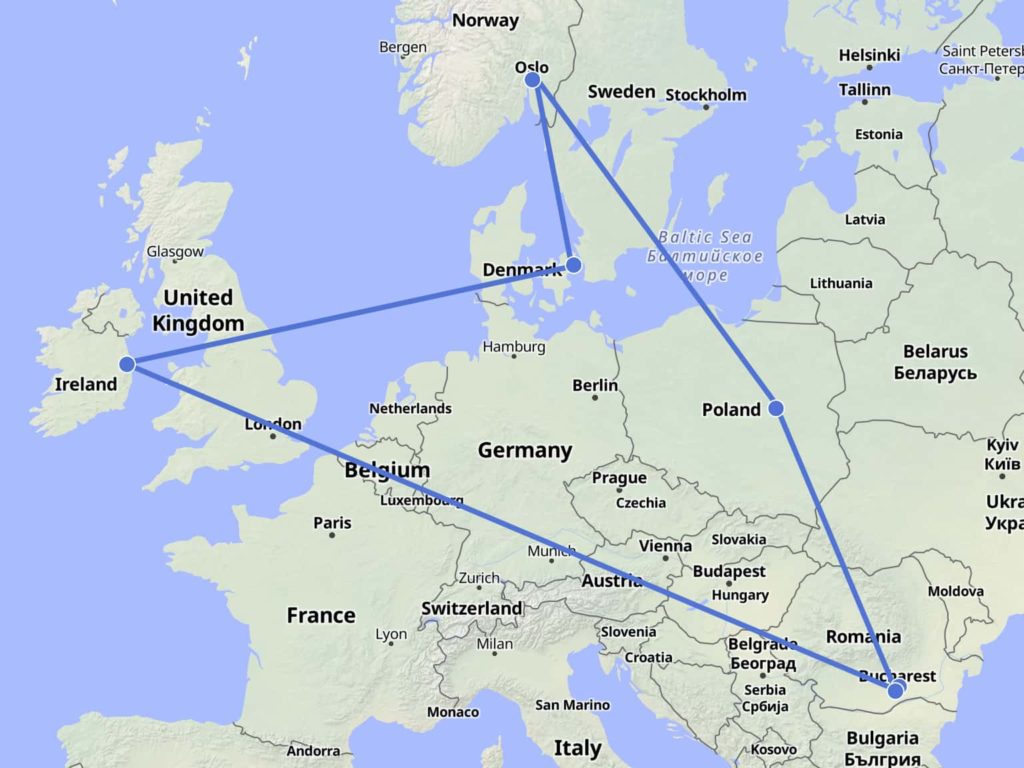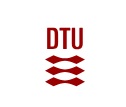Project ID: STARDUST
Project Program: 2022 Joint call of the European Partnership 101060874 – Water4All
Project Type: International
A collaborative team of experts from various fields is set to create an innovative optical system aimed at effectively monitoring pesticides in water.
Start Date: 1 March, 2024 – End Date: 28 February, 2027

OpenFreeMap © OpenMapTiles Data from OpenStreetMap
Project Consortium leader: Dr. Karolina Barbara Milenko-Kuszewska :
SINTEF brings valuable expertise in the development and fabrication of sensors that utilize microfluidics and micro-optics for a range of (bio)analytical applications. This includes advanced techniques such as UV NIL and 3D assembly. Furthermore, SINTEF has actively contributed to several industrial projects focused on enhancing microfluidic technologies for water filtration, showcasing its commitment to innovative solutions in this field.
Consortium principal investigators :
National Institute for Research and Development in Microtechnologies –IMT, Romania
The research team at IMT specializes in the micro- and nanofabrication of electronic devices and structures. They have successfully fabricated arrays of gold nanostructures on silicon for Surface Enhanced Raman Spectroscopy (SERS) applications.
: National Institute of Materials Physics, Romania
The research team at INCDFM possesses expertise in the material characterization techniques essential for sensor development. They have a strong track record in SERS and nanoimprint lithography (NIL).
Dr. Konrad Giżyński: Institute of Physical Chemistry, Polish Academy of Sciences
The IChF team is experienced in complex signal processing. They developed a machine learning algorithm based on evolutionary computation and information theory for problem classification. This approach required processing discretized chemical signals that resemble Raman spectra.
: Dublin City University, Ireland
The DCU team has been engaged in various water monitoring projects, focusing on priority substance detection in effluents, passive sampling to screen for emerging chemicals, and trend monitoring. DCU has extensive experience in researching emerging contaminants using state-of-the-art techniques such as liquid chromatography (LC) and gas chromatography-mass spectrometry (GC-MS), along with passive sampling and chemometrics.
Prof. Dr. Hans-Jørgen Albrechtsen
: Technical University of Denmark, Denmark
The DTU team has investigated pesticides in groundwater and removal technologies for drinking water. They have also quantified and modeled contamination of surface waters caused by combined sewer overflow during rainwater events.








